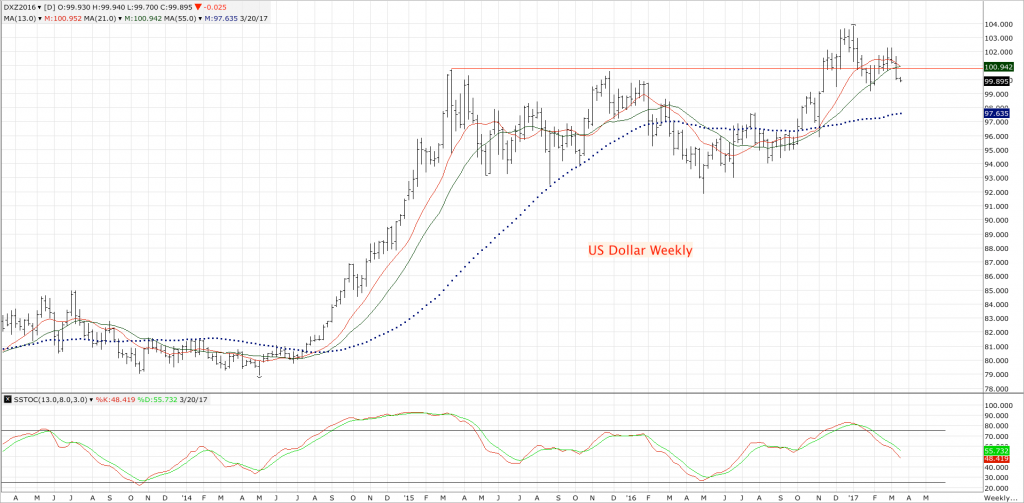By: Dan Hueber –
Spring is in the air, both literally and figuratively as at 5:28 AM this morning in the Northern Hemisphere, we marked the vernal Equinox and for many, we have already been experiencing spring and even for those to the west, summer like temperatures. As I have commented in previous articles, one would have to imagine that the grain trade should and will have a heightened sense of concern after moving through this unusually warm winter for a large swath of the growing season. Granted, there is nothing that would demand that the atypical winter need transform into an atypical summer but when you are witnessing upper-80’s and low 90’s across the Nebraska and Kansas on the 19th of March, it does tend to make one sit-up and take notice.
I suspect this could be one of the underlying reasons that we have support in grain and soy markets and particularly wheat, as concerns about the dry/hot conditions in the plains states are beginning to be reflected but we have other factors at work as well. Last week when the Turkish government issued import licenses for Ag products, noticeably absent was anything from Russia. While no one wants to call it an outright ban, traders in turn refer to it as a “suspension” of Russian ag products including wheat, corn and sunflower oil. Keep in mind that after Egypt, where there have also recently been a few question marks, Turkey is the second largest export market for Russian wheat and one of the largest for corn and sun-oil. I am not qualified to speculate on all the motivations for this move but it has already sparked an increase in interest for Ukraine products and could ultimately benefit US exports as well. Keep in mind, if this continues, those Russian bushels will still need to find a home somewhere and technically it will pressure their prices so this sword could be cutting both ways.
Of course, this could also be partially offset by a decline in the dollar and weaker trade there this morning also would appear to be providing a little support. By no means is the pressure severe but after posting the lowest close in the past six weeks last Friday, it would appear that at a minimum, this index is in a downward corrective swing that could carry values at least a couple points lower yet.
Finally this morning we have news of an upcoming strike at largest export port in Argentina, Rosario. Granted, strikes at South American ports are almost like a passage of spring and nearly as regular but they can still create a significant disruptions. Right now, a 24-hour strike has been called for on the 30th of March to demand better wages and other concessions. 80% of ag exports for that country move through the Greater Rosario ports.
